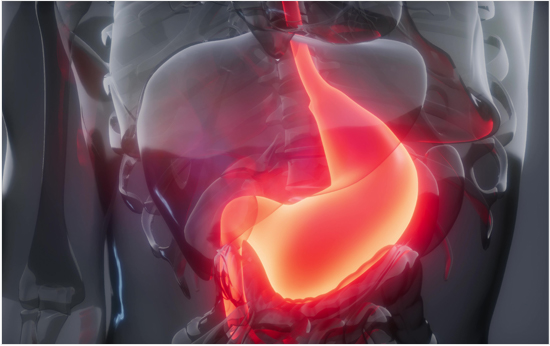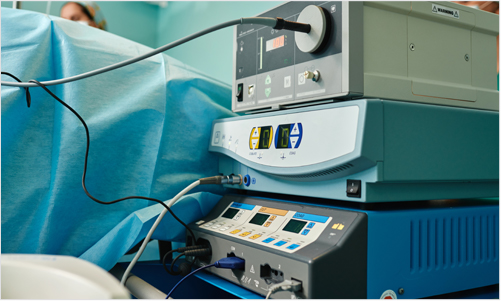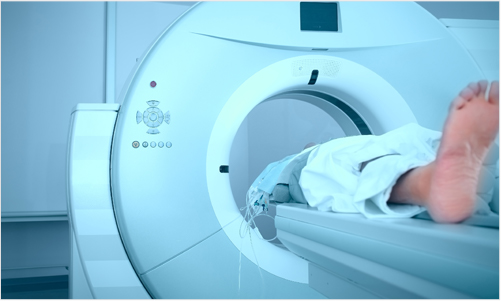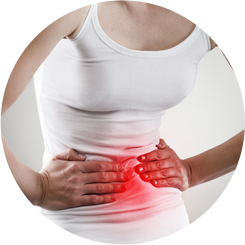From the moment we first meet with patients,
we will take care of them like a family with faith, hope, and love.
Wellness Hospital treats even the hearts of customers through experts treatment and specialized medical services.
Stomach cancer begins in the inner mucous membrane of the stomach, and cancer cells gradually penetrate the stomach wall and metastasize to surrounding lymph nodes. Furthermore, the cancer metastasizes to the abdominal cavity and body organs, eventually leading to death.
In the early stages of gastric cancer, there are no distinctive symptoms. In some cases, stomach cancer has no symptoms until it is quite advanced. The most common symptoms of gastric cancer patients include epigastric pain and discomfort, in addition to indigestion, stomach bloating, nausea, vomiting, loss of appetite, weight loss, hematemesis, melanoma, and anemia.
-
1
Helicobacter pylori infection
-
-
-
4
Chronic atrophic gastritis and intestinal dysplasia
-
-
· Physical examination
Gastroscopy, Upper Gastrointestinal Angiography
-
· Examination of the degree of gastric cancer metastasis to other organs and lymph nodes
Abdominal Ultrasound, Computed Tomography (CT), Chest Radiography, Bone Scan
-
· Surgical resection
The most ideal treatment for gastric cancer is to detect it at an early stage and perform radical gastrectomy. The common treatment for advanced gastric cancer is radical gastrectomy and adjuvant chemotherapies. When stomach cancer reaches stage 4, becoming a systemic disease, surgical resections cannot help a patient's survival.
Complications
As stomach cancer develops, it can block food from going down and cause intestinal obstruction. When stomach cancer is necrotic and blood vessels are exposed, bleeding occurs, which leads to anemia and, in severe cases, the patient falls into a state of shock, releasing black stools and showing symptoms of hematemesis. With necrosis of gastric cancer, peritonitis due to perforation of the stomach may be induced, and then the patient needs to be moved to an emergency room.
01
The goal is to reduce the incidence of gastric cancer by avoiding chemical carcinogens ingested through food as much as possible.
Recommended foods to eat: Fruits, raw vegetables, protein-rich foods, continuous intake of vitamins A, C, and E, soybean paste soup, milk, and ginseng.
Foods to avoid : salted foods, processed meats, burnt foods, and smoked foods.
02
Early diagnosis of gastric cancer and rational radical gastrectomy can prevent the exacerbation of the disease.
03
It is very important for doctors to detect the disease before it further progresses, because early gastric cancer can be perfectly cured with curative surgery. In particular, sometimes, if it is detected at a very early stage, it is possible to remove only a portion of the stomach using an endoscope or laparoscopy. It is recommended that patients with non-specified upper gastrointestinal symptoms such as epigastric pain and indigestion, especially those whose symptoms persist even after receiving medical treatment, undergo a gastroscopy. Even if there are no symptoms, it is recommended for patients to have a gastroscopy every 1 to 2 years after reaching the age of 40.








